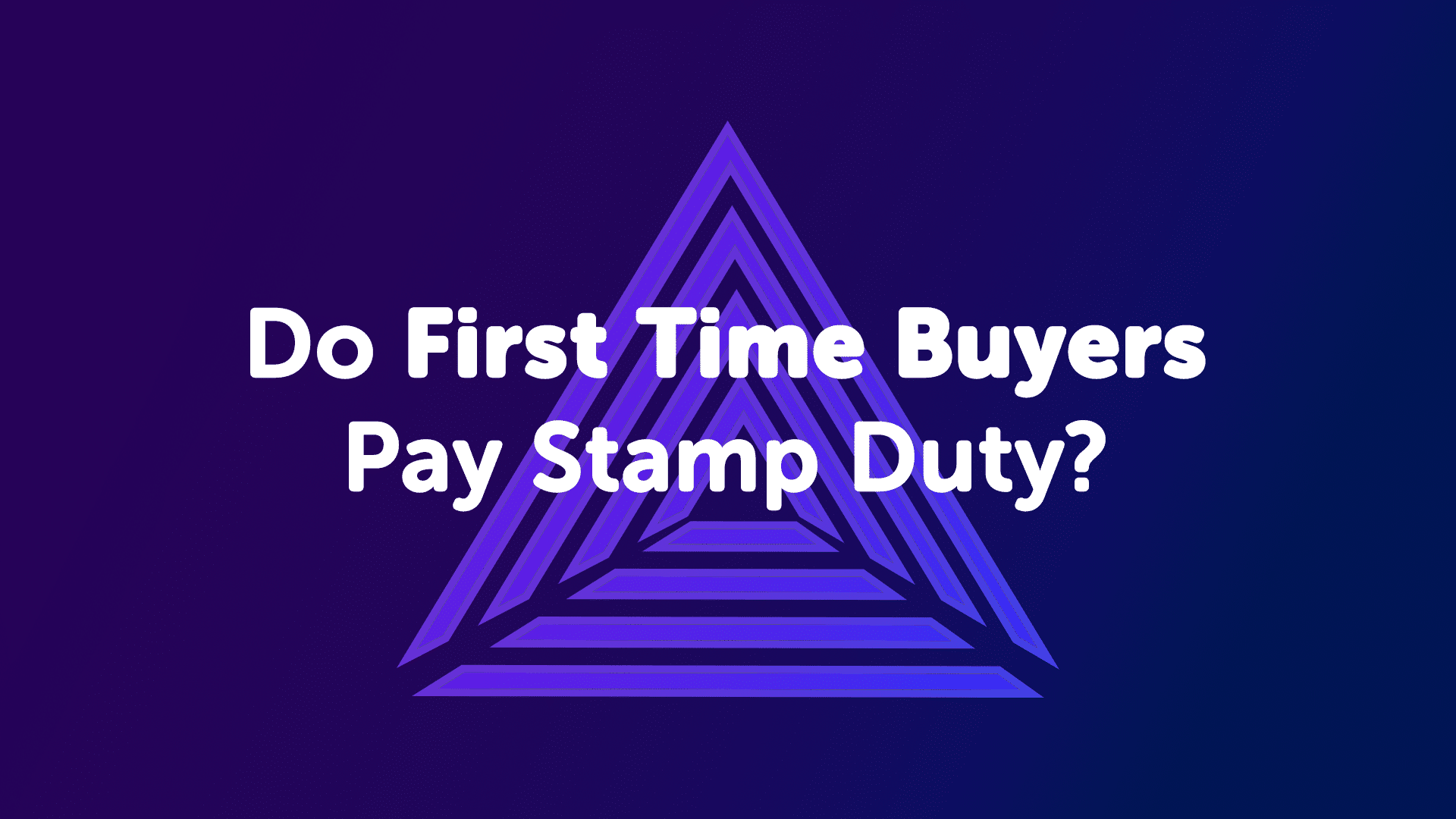Here at Derbymoneyman, we find the two questions First Time Buyers and Home Movers in Derby commonly ask us is ‘Can I get a mortgage in my circumstance?’ and ‘How much can I borrow?’. In this article, we will be discussing the second question as this has changed drastically in the past decade.
Historic rules for borrowing for a mortgage in Derby
Prior to the days of credit scoring, your local Building Society Manager would manually assess mortgages. To make the process more consistent and reliable, the 1990s introduced the idea of lenders carrying out more regular income assessments.
In order to lower the number of mortgages being accepted to people who couldn’t afford one, a lending cap was introduced. This prevented people from borrowing more than three to four times their annual income.
To receive more applications, lenders started to become more generous with this leading cap as well as their conditions. There were even some lenders who accepted customers a mortgage without any background checks such as payslips. This would eventually become the catalyst for the credit crunch in 2007. In the midst of the credit crunch, lenders were requesting a 20-30% deposit, which made it very difficult to obtain a mortgage as a first time buyer in Derby or if you were moving home in Derby.
Mid 2000s approach
In the early 2000s, lenders became flexible in their criteria a lot more, arguably being too generous in the amount they would be willing to lend their customers.
Depending on the lender, some people were offered self-certified mortgages. These type of mortgages meant you were not required to have a background check so as the customer, you could self certify your income, regardless if the buyer falsely inflated the amount they were declaring.
Due to many people carrying out self certified mortgages, the market fell. This began the infamous Credit Crunch of 2008, from then to 2010, these became a very difficult times.
This especially effected individuals who were wanting to take their first step onto the property ladder. At that time, stricter lending criteria was to be put in place due to lenders having to change.
Mortgage Market Review 2014
As the market made a recovery, the Mortgage Market Review (MMR) 2014 was created to provide an updated and sounder credit scoring system. The MMR was a set of requirements that lenders had to follow. Nowadays, lenders can determine if an applicant will be able to pay off their mortgage based on their financial state through the affordability calculator.
Lenders can use the calculator to receive a more meticulous insight into an applicant’s spending habits as well as net disposable income. A thorough assessment of your bank statement is carried out to ensure that if you can’t afford a mortgage, then you are not granted one as you could have been prior.
Deeper analysis
With this assessment, you will find that the majority of lenders will no longer go past 4.75 times your annual income.
As mentioned, lenders will look into your spending habits and the way they analyse these depends on your situation. For example, you may have to pay high childcare costs, have a large number of credit commitments and in some circumstances, you might be paying off your student loan. With this in mind, a mortgage lender will likely offer you less than your work colleague for example, who has fewer outgoings.
These days, there is a distinctive difference between lenders when it comes to how much or little they will lend to some customers. Now and again, lenders have been known to penalise low-earners.
The reason for this might be that they are looking for that type of applicant. They may lend if they see pension contributions as a fixed outgoing, in particular, to customers who have a significant deduction, less than a private-sector worker.
With every lender comes a very unique lending criteria, and every customer has its own circumstance, in the case that you need to maximise your borrowing capacity to have a chance at buying your dream home.
Lender Variances
Lenders will always be competitive when it comes to price and lending criteria, however, they will avoid competing for the lowest rate as this will provide no profit gain for them. Furthermore, this will be highlighted through the difference between lenders and their maximum borrowing capacity. Different lenders target for different niches of clients therefore don’t feel it’s inevitable that one lender won’t lender to you as there will be another out there who would.
State benefits like tax credits are factors lenders will take into account for a mortgage. Some lenders may be more generous if you are for a self-employed mortgage in Derby. Increasing the amount they will lend can be done through extending the term of the mortgage to the maximum allowable.
How can a Mortgage Advisor in Derby help?
Seeking Mortgage Advice in Derby can be very beneficial. On behalf of the customer, our team will search the market to try and match you to various lenders criteria.
When it comes to knowing the maximum amount you can borrow for a mortgage and your repayments, book your free mortgage appointment online today to speak with one of our expert Mortgage Advisors in Derby. They are determined to make sure your process run as smoothly as possible and search through thousands of mortgage deals to find you the most suitable for your circumstances.
Date Last Edited: December 6, 2023














